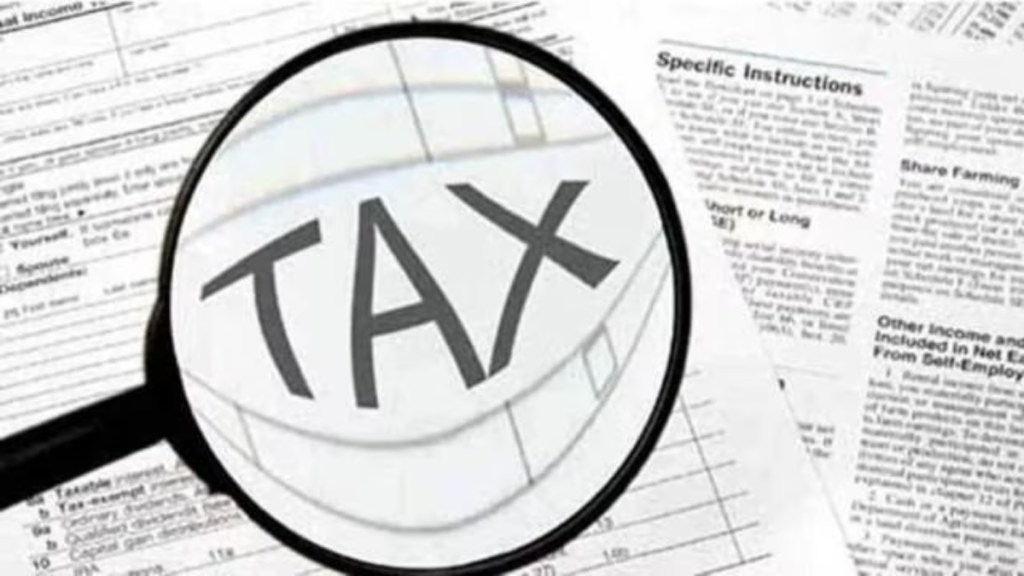The government is unlikely to make any change in the structure of capital gains taxes in the coming Budget, as it intends to defer the much-talked-about recast of these taxes to the budget for the next financial year, official sources indicated.
“We have received representations (for streamlining the taxation of capital gains across asset classes), from the industry… these are not new,” an official said. The July Budget, however, might not include any changes in capital gains tax regime, the person added.
Industry and tax experts have told the government that there is an urgent need to bring uniformity in capital gain tax rates among different asset classes to the extent possible, because currently there is no consistency in tax rates or holding periods for different types of instruments. Even within items in same asset class, there are disparate rates and tenures. Even the indexation benefit differs in different situations.
The decision to postpone the changes, the need for which is widely acknowledged, is also because of a thinking in the government that since the streamlining might result in tax increases in many important categories, it might send wrong signals to investors at this juncture. Also, the government doesn’t intend to restructure the tax regime in the middle of the year, one of the sources said, and added that the capital market volatility is best avoided for now.
Currently long-term capital gains are in general taxed at 20%, but in the case of equities, it is taxed at 10%, if the total gain in a financial year exceeds Rs 1 lakh. The short-term capital gains tax rate for equities and related assets is 15%. The tax rate also depends on whether the securities transaction tax (STT) was paid or not.
Tax experts say that the overall capital gain tax regime has become quite complex for taxpayers with multiple tax rates for different asset classes. Also, different holding periods for different asset classes to qualify as ‘short term’ or ‘long term’ asset also adds to the confusion. “This often leaves a scope for difference in interpretation between taxpayer and tax department and which ultimately adds to protracted litigation,” said Amit Maheshwari, tax partner, AKM Global.
Raju Kumar, tax partner, EY India said while the intention behind varying rates and periods may be to encourage certain types of investment or to address specific economic goals, “the result is often a lack of clarity that complicates financial planning (of investors)”.
Therefore, streamlining the period of holding for different types of capital assets would be a big relief for the investor community, say experts, as it will eventually encourage higher compliance and reduce the litigation between taxpayers and tax officers.
According to the Confederation of Indian Industry (CII), the long term capital gains on financial assets should be taxed at 10%, and other assets at 20% (with indexation benefits). For short term capital gains, CII says, financial assets should be taxed at 15%, and non-financial at the applicable Income tax slab rates. It also recommends the holding period for assets to be considered under LTCG as 12 months for financial assets, and 36 for others.
Another key area that needs reconsideration is inconsistent availability of benefit of indexation. The application of indexation benefits, which adjusts the purchase cost of long-term assets for inflation, lacks uniformity, affecting the calculation of real taxable gains, say experts.
To illustrate, the benefit of indexation is available in case of LTCG derived from sale of unlisted shares, but such benefit is not available in case of listed shares. To offset this, listed shares are taxed at a lower rate of 10% (with an exemption up to Rs. 1,00,000), while unlisted shares, which benefit from indexation, are taxed at 20%. This inconsistency results in varied tax outcomes for similar investments, leading to uncertainty for taxpayers.
“To align the tax treatments between different classes, indexation benefits may not be needed for long-term capital gains on sale of financial assets if the tax rates and holding period across all assets under this class are aligned,” noted EY’s Kumar.
In February, revenue secretary Sanjay Malhotra had told FE that capital gains tax “is not a major issue”. He had said that the effective tax rates on various asset classes are more or less similar. “There is one 10% rate, and the other is 20%, but this is with the benefit of indexation.”
“So, when you include the benefit of indexation due to inflation, the effective tax rate we’ve seen over long periods of time in the past is roughly about the same as 10%. So effectively, both the rates are converging,” Malhotra had said.
Kumarmanglam Vijay, Partner, JSA Advocates and Solicitors said those who argue for an increase in capital gains tax often forget that business income is taxed only on a net income basis and salaried individuals also receive a whole host of incentives.
“It is also important to remember that the government is a large stakeholder in listed equities, and any upward revision in taxes on capital gains is likely to be counterproductive for common investors and the government alike,” he said.
With regard to Section 48 of the Income Tax Act–which states that all the expenses incurred in connection with transfer of capital asset are allowed as deduction from sale consideration–experts say the government needs to bring some clarificatory provisions, as the expenses claimed by taxpayers are often disregarded by tax officers. “Most of the challenges are faced by NRIs in this regard when they visit India to sell their property,” said AKM’s Maheshwari.




















